African peach Plant (Nauclea latifolia)

The African peach is a valuable medicinal plant native to tropical Africa and Asia, it is scientifically known as Nauclea latifolia Smith and some of its common names are African peach, Pin cushion tree, Guinea peach, Sierra Leone peach, Bishop’s head, and more. The plant is Found in tropical forests of countries like Benin, Burkina Faso, Cameroon, Democratic Republic of Congo, Ghana, Nigeria and many parts of Africa
- Physical Characteristics:
- Deciduous flowering plant with an open canopy, growing up to 9 meters tall.
- Small branches that are thick and drooping.
- Dark grey, fibrous, and cracked bark.
- Shiny green, oval leaves with rounded bases and pointed tips
Health benefits of the African peach Plant (Nauclea latifolia)
- Support for Jaundice: African peach has been traditionally used to support jaundice management.
- Fever Relief: It may help alleviate fever symptoms.
- Digestive Aid: The bitter root or root bark is used to treat digestive disorders, although it can sometimes cause diarrhoea.
- Antibacterial Properties: Extracts from the plant exhibit activity against dangerous bacteria, including Escherichia coli, Shigella flexneri, Salmonella typhi, and Staphylococcus aureus (responsible for gastroenteritis in children).
- Other Uses: It has been employed for conditions such as stomach ache, dysentery, tuberculosis, asthma, bronchitis, cough, diabetes, hernia, diarrhoea, piles, and dental caries
Chemical Constituents of the African Peach Plant
- Amino Acids:
- Alanine: Responsible for the characteristic taste of peaches.
- Other amino acids present include lysine, serine, arginine, phenylalanine, tyrosine, and glycine.
- Antioxidants and Polyphenolics:
- African peach contains various antioxidants and polyphenolic compounds that contribute to its health benefits.
- These compounds play a role in maintaining overall health and may have cardiovascular and chemopreventive effects.
- Carotenoids:
- Carotenoids, including β-carotene (primarily), α-carotene, and β-cryptoxanthin, are found in abundance in peaches.
- These carotenoids are essential for eye health and overall well-being
Using the African Peach Plant Roots to Boost Sexual Function in Men
How to use the African Peach Plant
The African peach plant (Nauclea latifolia) has a long history of traditional use for various health conditions.
Here are some ways it can be used to address different ailments:
- Fever and Indigestion: The plant is used to treat fever and indigestion.
- Diabetes: Both the fruit and other parts of the plant are used in the treatment of diabetes.
- Coughs: The fruit is eaten as a remedy for coughs.
- Diarrhoea and Pain: It’s commonly used as a remedy for diarrhoea and pain.
- Dental Caries and Septic Mouth: The plant has applications in dental health, particularly for caries and septic conditions in the mouth
- Malaria Treatment:
- Whether taken as tea, boiled for a long time, or used in meals, African peach has been scientifically proven to be effective in treating malaria.
- Fever Relief:
- The plant can be used to alleviate fever symptoms.
- Digestive Health:
- African peach is used as a tonic and for managing stomach disorders, including indigestion and diarrhoea.
- Dental Care:
- It serves as a chewing stick for toothaches, dental caries, and septic mouth conditions.
- Other Ailments:
- The plant is also employed in the treatment of:
- Sleeping sickness
- Prolonged menstrual flow
- Hypertension
- Gastrointestinal tract disorders
- Ulcers
- Liver ailments
- The plant is also employed in the treatment of:
Some Side effects
Major Side Effects Of Eating Too Many Peaches
- Too Many Antioxidants Are Bad
- Too Much Potassium May Cause Hyperkalemia
- May Increase The Risk of Cancer(s)
- Too Much Hydration Is Bad For Our Skin
- High Levels of Vitamin A are bad For Health


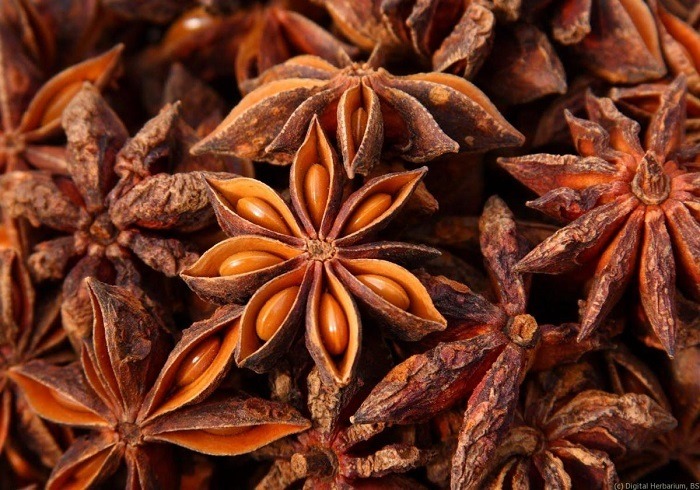
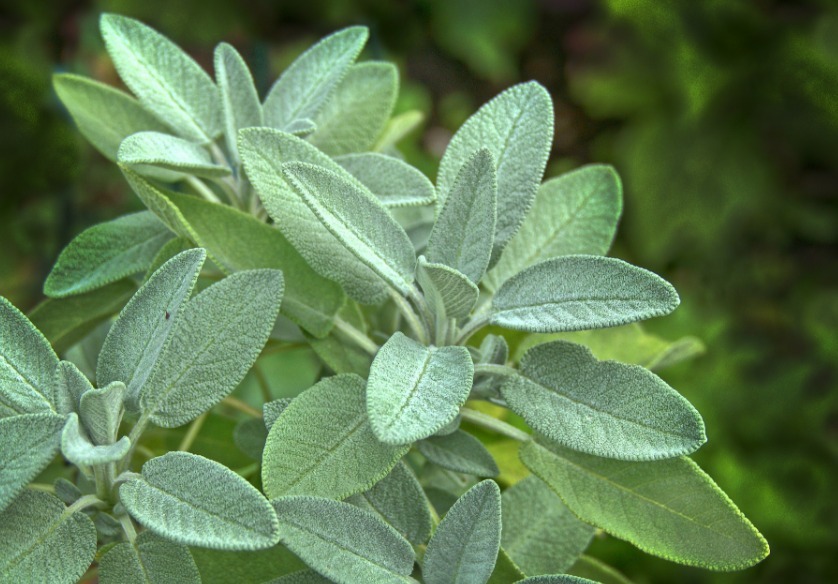
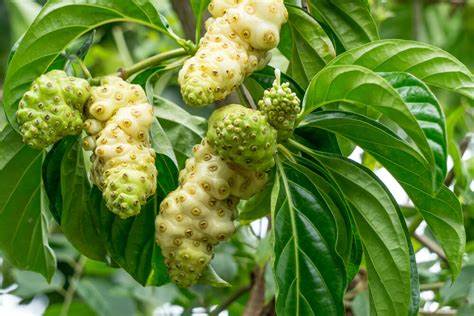
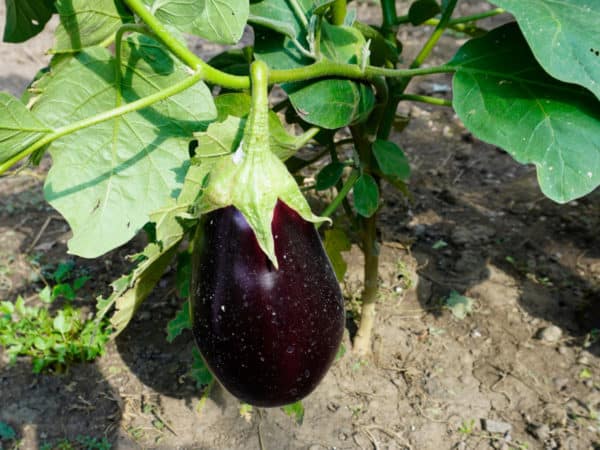

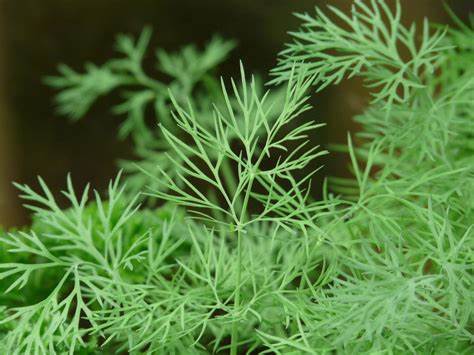

Review African peach (Nauclea latifolia).
You must be logged in to post a review.